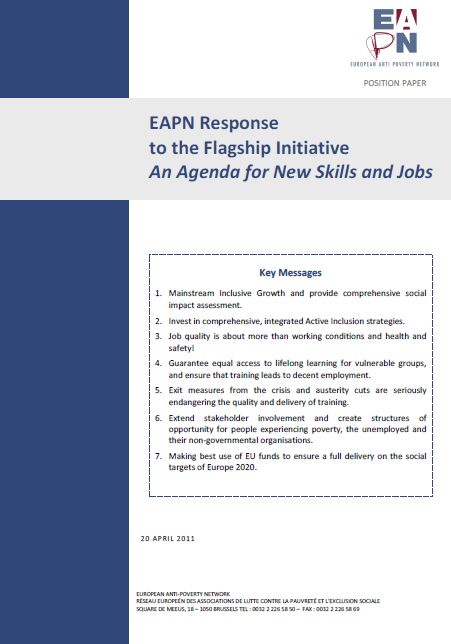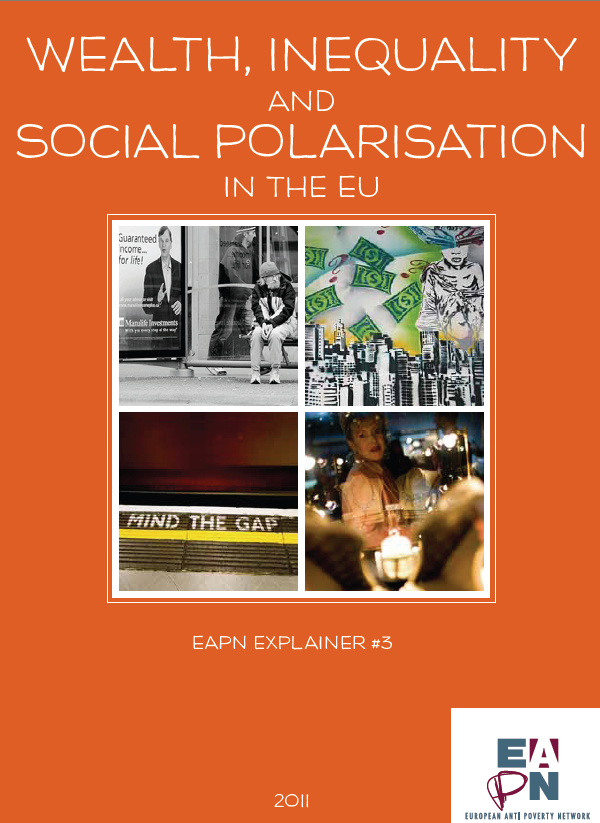EAPN Ireland Working Group calls for Immediate Release of the Review of Wage Setting Mechanisms
23/05 – The EAPN Ireland Europe 2020 Working Group cautiously welcomes media reports on the findings of the review of the Joint Labour Court process for setting the minimum wage in certain low paid sectors and calls on the Minister for Enterprise, Trade and Innovation to immediately release the review.



